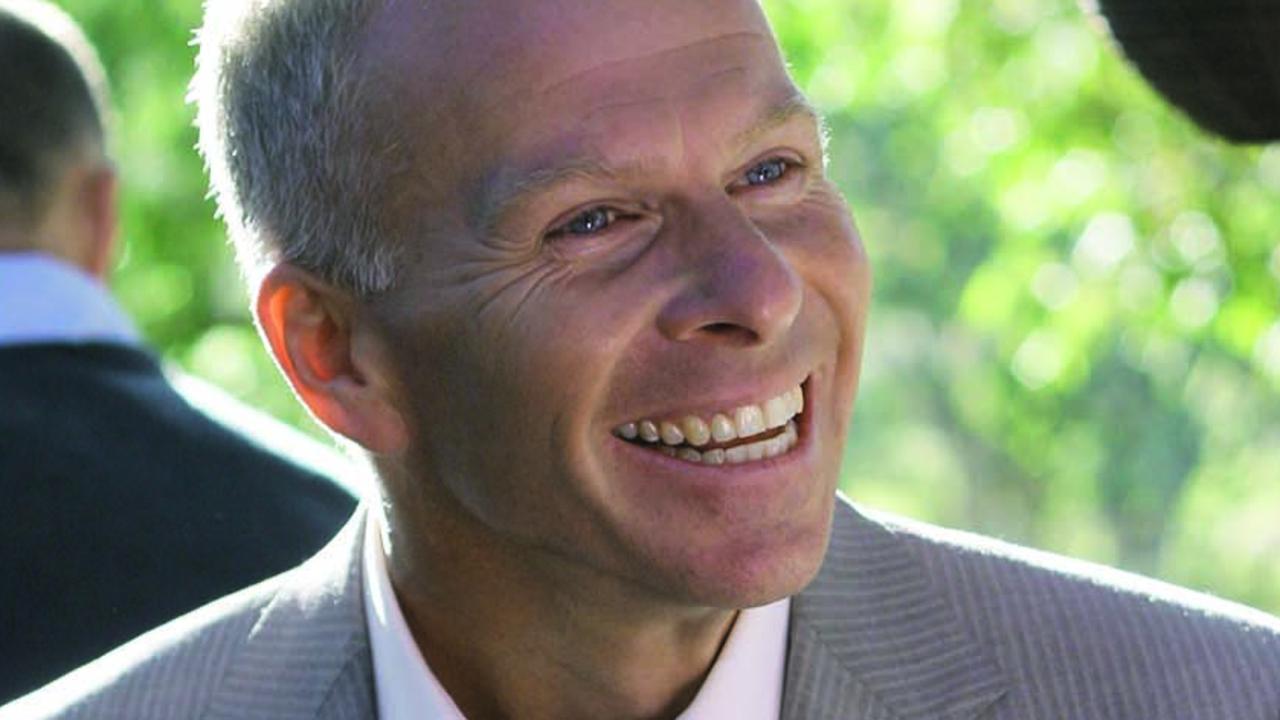Deal stopped probes on global corruption
TELECOMS giant Alcatel was spared from ongoing investigation by cutting a deal in which the company paid a massive fine to US authorities.
TELECOMS giant Alcatel was spared from ongoing investigation and the risk of criminal prosecution over a culture of global corruption by cutting a deal in which the company paid a massive fine to US authorities.
According to the US Securities and Exchange Commission, some in the company, "purposefully ignored" graft or were "severely reckless" amid rampant corruption spanning Europe, the Americas, Asia and Africa for at least a decade.
The corruption involved a pattern of bribery of people who helped Alcatel secure contracts worth hundreds of millions of dollars, illegally boosting the country's market reach and profitability.
Under the deal -- a "deferred prosecution agreement" negotiated with the SEC and US Department of Justice -- an investigation into the long-running global corruption spree will not proceed.
The SEC investigation was terminated and internal documents and investigation reports were archived. A risk of multiple court cases in the US and elsewhere may be neutralised.
Mike Quigley, the chief executive of Australia's NBN, worked for Alcatel for more than 20 years and rose through management in several divisions, becoming head of Alcatel North America until April 2005 then Alcatel's president and chief operating officer.
Mr Quigley's fellow former Alcatel executive, Jean-Pascal Beaufret, is now chief financial officer of the NBN. He was Alcatel's deputy CFO from 1999 and Alcatel CFO from 2002.
They have strenuously denied any personal wrongdoing during their time at Alcatel and rejected claims they should have disclosed the corruption scandal at Alcatel when they were seeking jobs with the NBN. There is no suggestion or evidence they have been involved in any wrongdoing or knew of its existence.
Under the deferred prosecution agreement, the penalty for Alcatel graft worldwide was borne by the US-listed company's several thousand shareholders, who funded the $US92 million and $US45m in fines. Two Alcatel managers in Costa Rica were convicted by Costa Rican authorities and given lengthy jail terms.
The agreement, negotiated with the SEC by senior Alcatel lawyers instructed by Alcatel executives, was a blessing for Alcatel, which avoided the risk of further investigation.
The agreement also minimised reputational damage and the potential for years of litigation for the company, which would have been possible under the powerful US Foreign Corrupt Practices Act, which prohibits corporate entities and their people from bribing foreign officials to obtain or retain business.
Under the agreement, Alcatel, which can pay the fine over three years, was not criminally convicted and has protection from prosecution and confidentiality over evidence and documents.
Lawyers for Costa Rican telecoms company ICE, which spent more than $US300m with Alcatel after a handful of key people were bribed by Alcatel managers, are launching US legal actions against the agreement.
One of the Florida-based lawyers, George Guerra, said this week it is alleged the deal between the government and Alcatel "allows the company to conceal information relating to its criminal conduct; resolves all criminal exposure through the payment of a fine below the legal required minimum; provides immunity for the companies from prosecution; avoids presentence procedures; avoids a criminal conviction . . ."
He said his client alleges that Alcatel was seeking "to disavow decades of admitted rampant corruption with the payment of a single fine that pales in comparison to both the enormous revenues received and the massive losses inflicted on victims".
Legal and corporate governance experts are often critical of deferred prosecution agreements because companies can buy their way out of trouble.
The agreements are increasingly favoured by the SEC and other regulatory agencies in the US because of the costs and investigative challenges of uncovering alleged corruption in a company and prosecuting those responsible to a criminal standard.
In Alcatel's case, the fines amounted to less than half of one of the major contracts it won in Costa Rica for the installation of telecoms equipment.
Documents filed by the US SEC, which confirmed the deal with Alcatel five months ago after several years of negotiation, as well as transcripts and exhibits from criminal courts in Costa Rica, describe a global network of corruption sanctioned at senior levels and occurring for a decade to 2007. Key evidence filed this week by the Costa Rican telecoms company, which is opposed to the deal, sheds more light on the organisation.
The documents paint a picture of highly organised graft with payoffs transferred from Alcatel's bank accounts in the US and Europe to politicians, bureaucrats, telecoms executives, bent lobbyists and their relatives, who would ensure Alcatel received massive contracts for telecommunications.
Far from being a "rogue transaction in a company of 60,000 employees working in more than 130 countries", and the result of Alcatel "not having tight enough controls", which Mr Quigley asserted last week, the corruption was well-entrenched, according to the agreed statement of facts.
The deferred prosecution agreement between Alcatel and the SEC states: "Often senior executives at Alcatel CIT, Alcatel Standard and ACR, among others, knew bribes were being paid, or were aware of the high probability that many third-party consultants were paying bribes, to foreign officials to obtain or retain business.
"In a significant number of instances, the consultant contracts were executed after Alcatel had already obtained the customer business, the consultant commissions were excessive and lump-sum payments were made to consultants that did not appear to correspond to any one contract."



